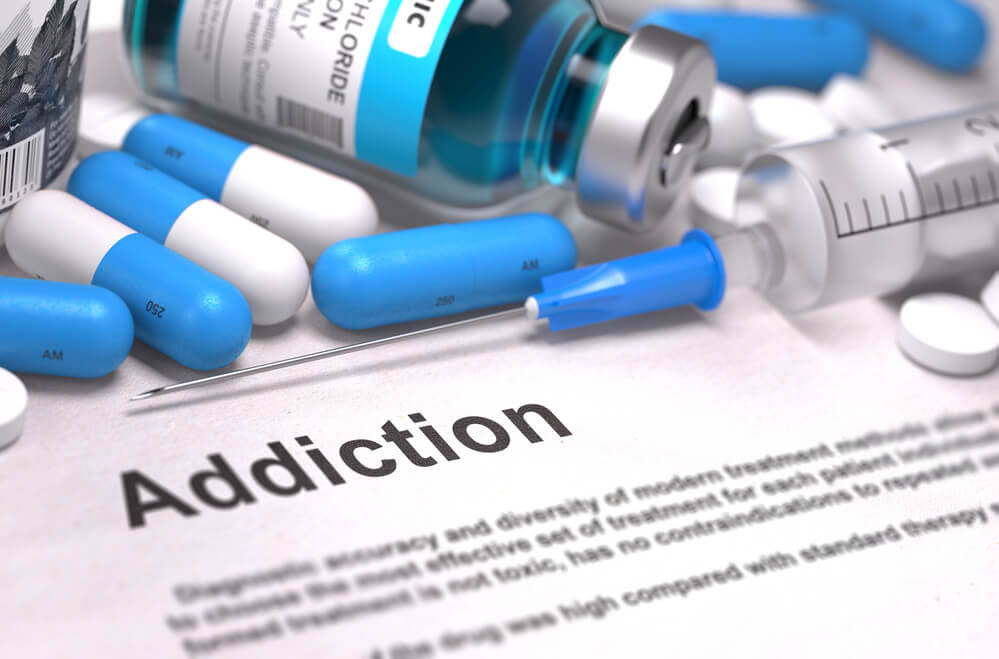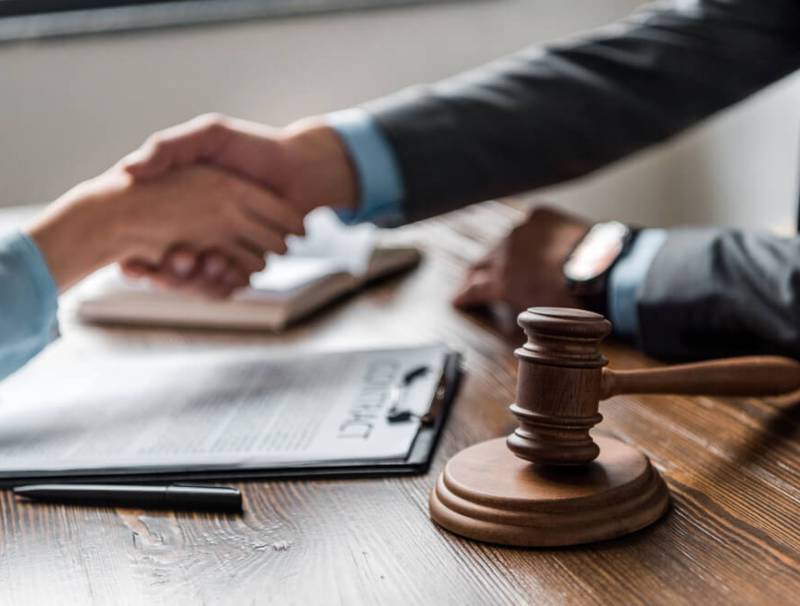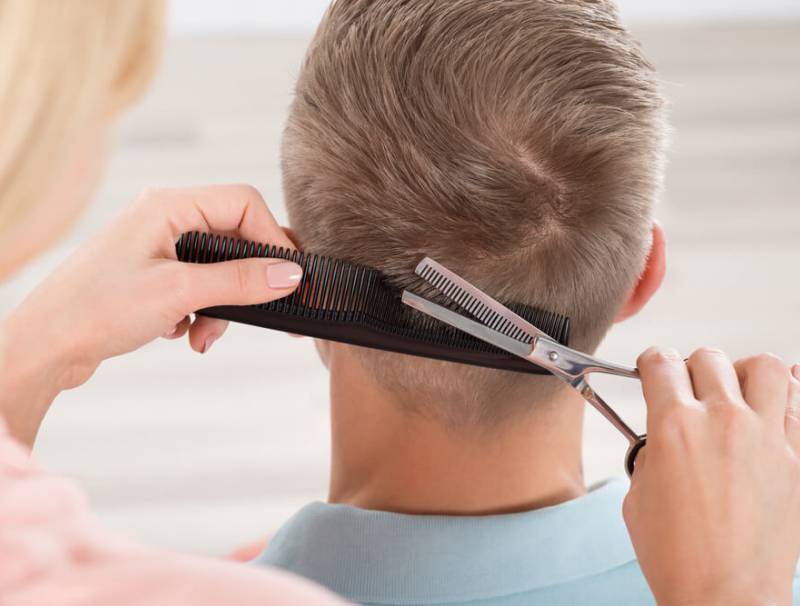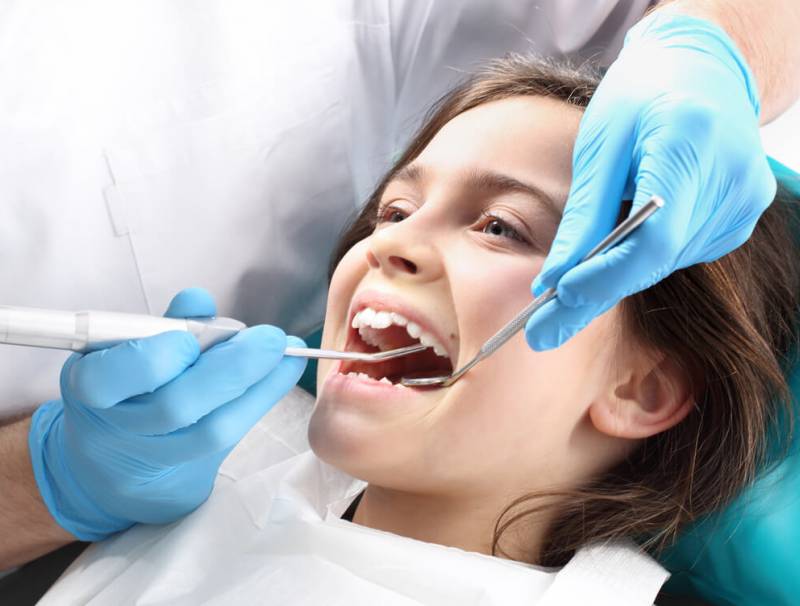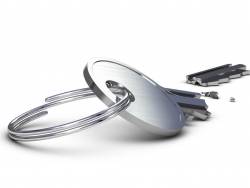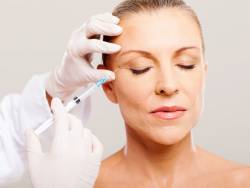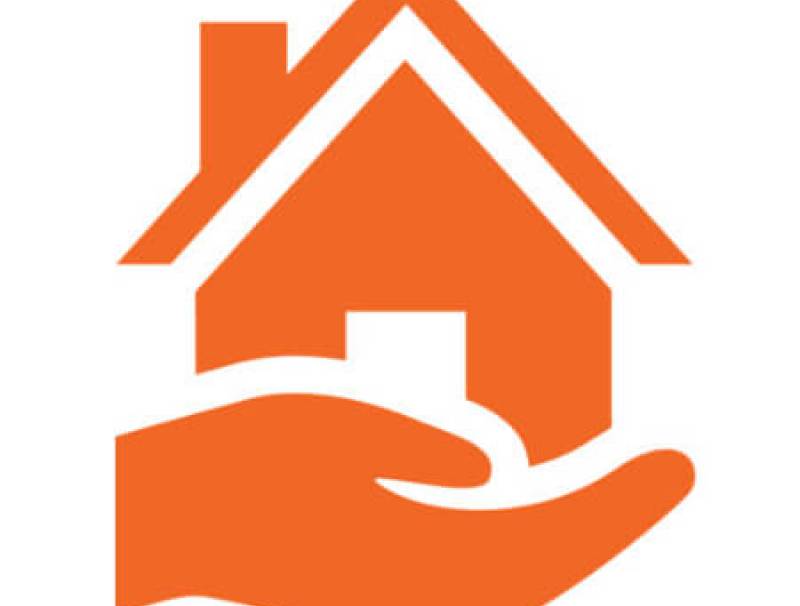How Do They Detox You in Rehab?
Admitting that you have a drug problem is only the beginning. Now it is time to get help. Drug rehab centers provide basic services to get you back on your feet and away from the addiction. Detox is the beginning of this process, and can be different based on the drug you have a problem with. Detox of South Florida, a well-known facility providing detox in south Florida, has shared many of the things you can expect during the detox process.
What Is Detox?
Detoxification is the process of removing all traces of drugs from a person’s system. Almost all addictive drugs have some sort of physical, mental, and emotional withdrawal symptoms that vary across drug types.
There are many symptoms that can vary from something small like headaches and muscle aches, with more intense withdrawals that are similar to having the flu. Anxiety, depression, and anger are common, with tremors and seizures happening in extreme cases.
How Long Does Detox Usually Take?
It can vary a bit depending on the program you are recommended to. Most rehab center offer 3-day, 5-day, and 7-day detox programs. What type of service you enter depends on things like your drug, your health, your age, and metabolism.
Many rehabilitation programs can last anywhere from 30 to 90 days, but detox is only the beginning of the entire program. Many people, especially those unable to spend that much time on rehabilitation, choose to do the detox portion by itself.
What types of drugs are normal to detox from?
Alcohol is by far the most common, but things like opiates and painkillers have recently been giving it a run for its money. You can find just about any type of drug at rehab though - things like cocaine, heroin, and LSD are found in centers quite often.
What Is the First Day of Detox Like?
The first thing you’ll do is get a mental and physical evaluation, followed by a meeting with a counselor. All of these will work in conjunction to create a treatment plan specifically tailored for you. You can also expect to take a tour of the facility.
Since detox is such a rough process, you can expect medical staff available, along with a controlled environment. To replenish key nutrients in your body, you’ll start eating healthy, sleeping more, and getting involved in therapy sessions.
They will offer you things to aid in withdrawals, but once again it depends on the drug you are withdrawing from. Methadone is used specifically with opiates and heroin, while benzodiazepine and barbiturates are used to treat anxiety, depression, and the possibility of seizures.
What Happens After the Detox?
This is typically when the treatment portion starts. You’ll either be put into an inpatient program (that would be the prototypical rehab center) or an outpatient program that allows you return home when you finish treatment every day.
While the typical day in rehab can vary, you can expect a few things, like getting into healthy habits and therapy sessions. You’ll start eating healthier and exercising more, and attend therapy sessions to learn ways to better control your impulses.
One of the most effective therapy treatments used in rehab is cognitive behavioral therapy (CBT), while larger group therapy is still used a lot as it builds up your support group. There are specialized sessions tailored to other factors part of the drug addiction like anger, stress, or grief, along with family therapy.
How Do the Different Types of Therapy Work?
CBT looks at the behavior you exhibit in response to certain triggers. The idea is to find out what gets you started down the path of drug use and redirect your actions toward healthier responses. The idea is to come to terms with your anxiety, sadness, and anger that might be at the root of it all.
The idea behind group session is to get a group of people to share their anecdotes as way to get perspective on the addiction. Many people build up trust with one another and continue friendship outside of rehab for many years.
Since addiction can affect one's whole family, oftentimes therapy sessions are needed for the entire family. Enabling behaviors are looked at, along with a look at all the issues underlying the descent into addiction. Short and long-term successes are celebrated.
If you or a loved one think you have a drug problem, rehabilitation is an option that is open for you. The detox portion of rehab is the toughest, but these centers have the specific support and medical treatment to help mitigate the worst of the withdrawal symptoms.


